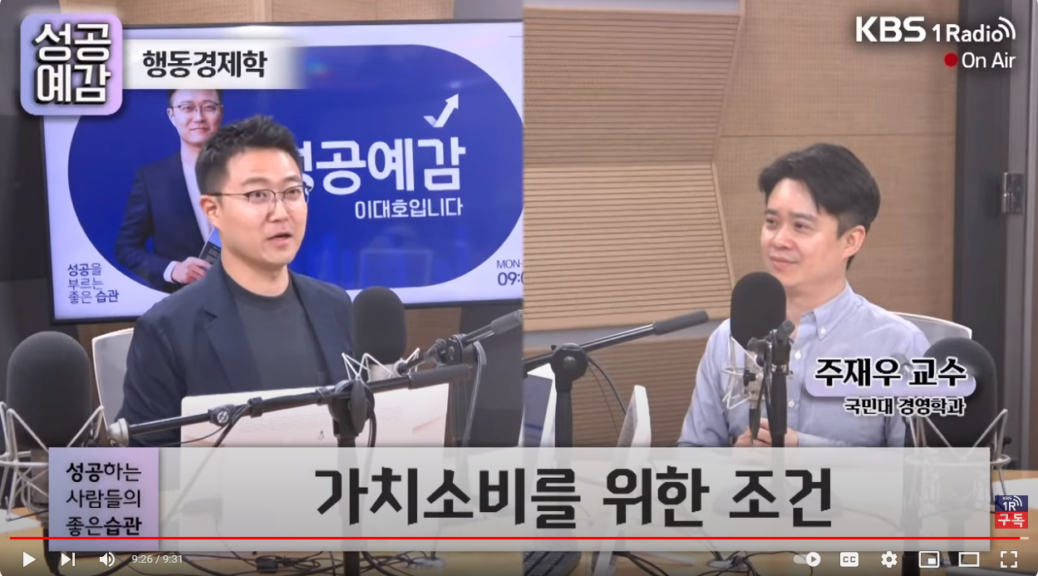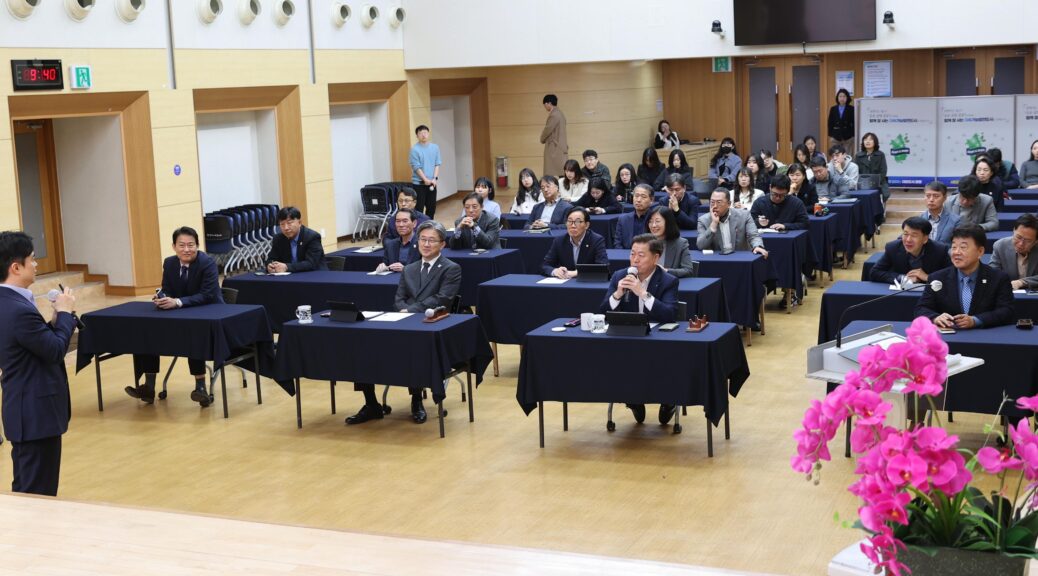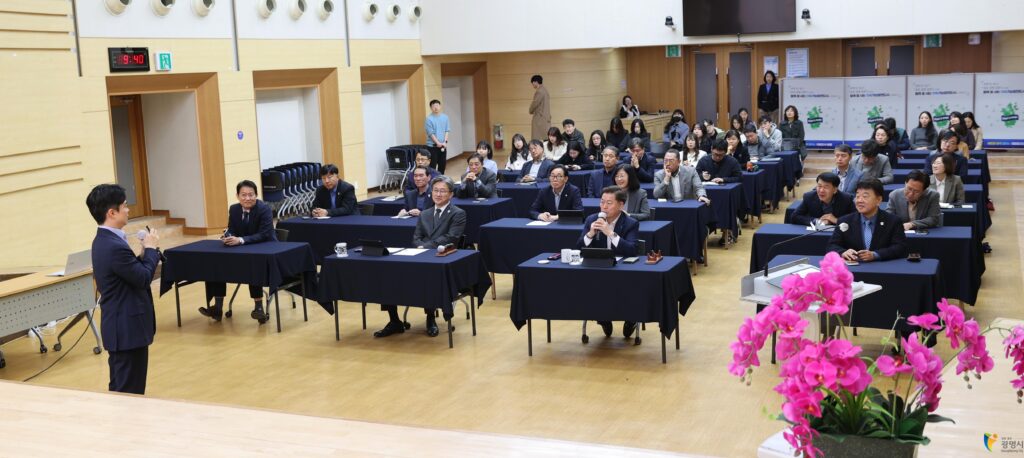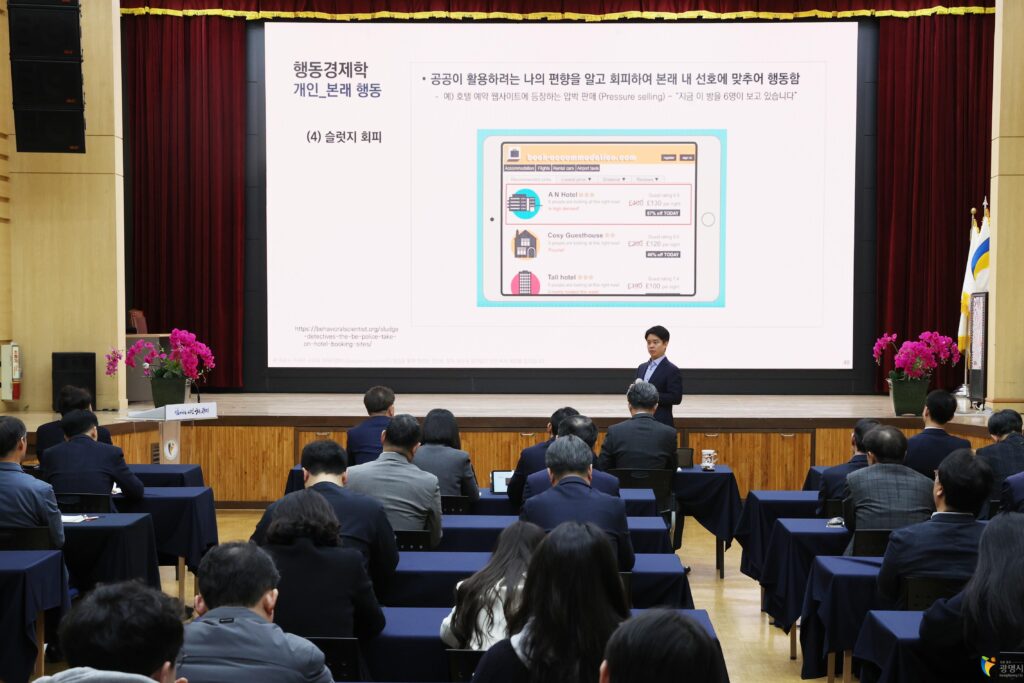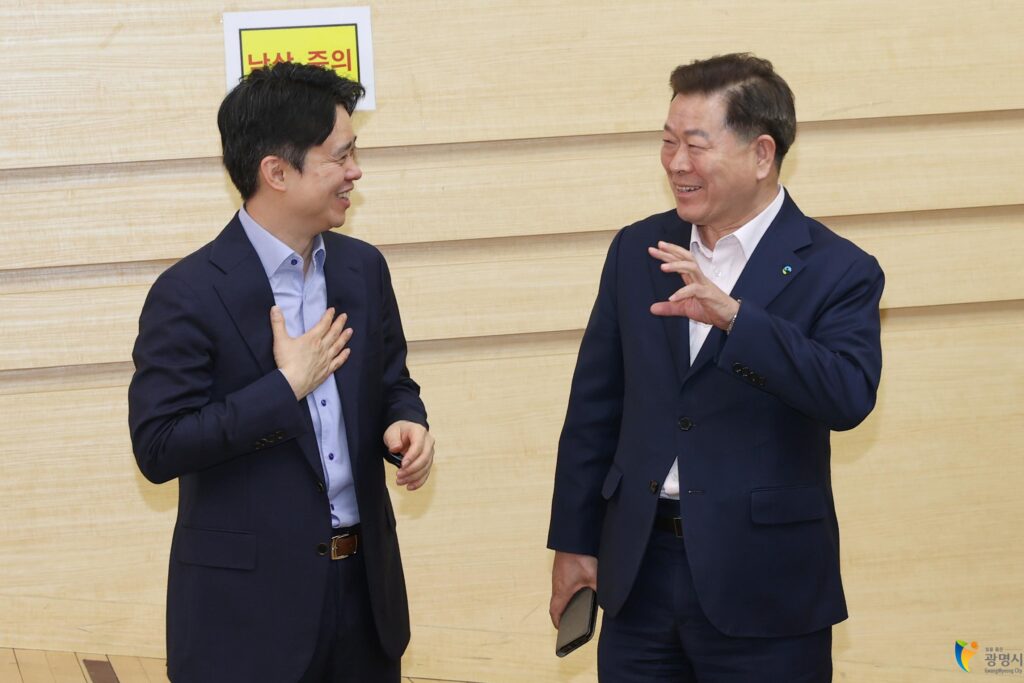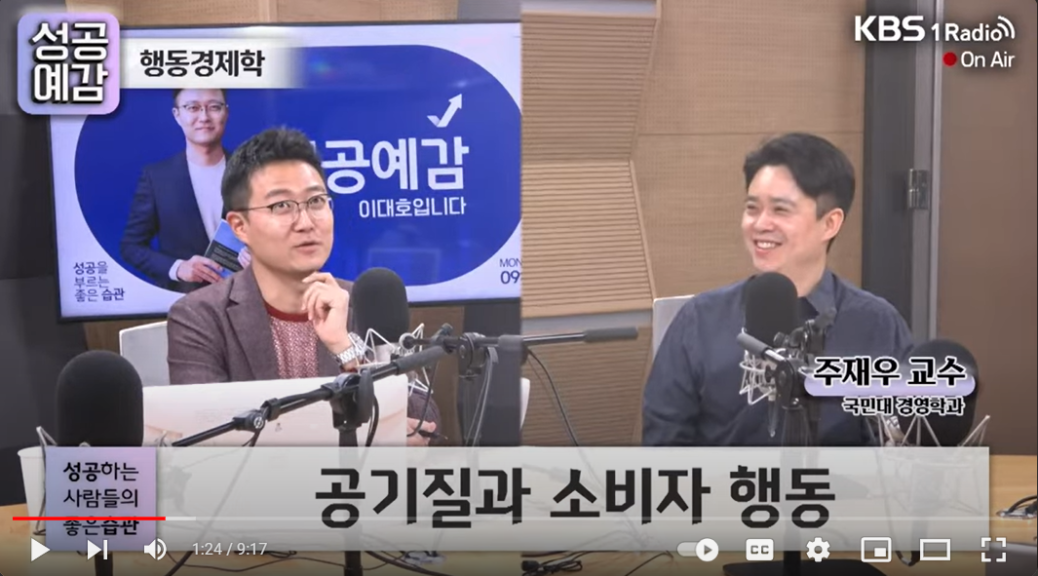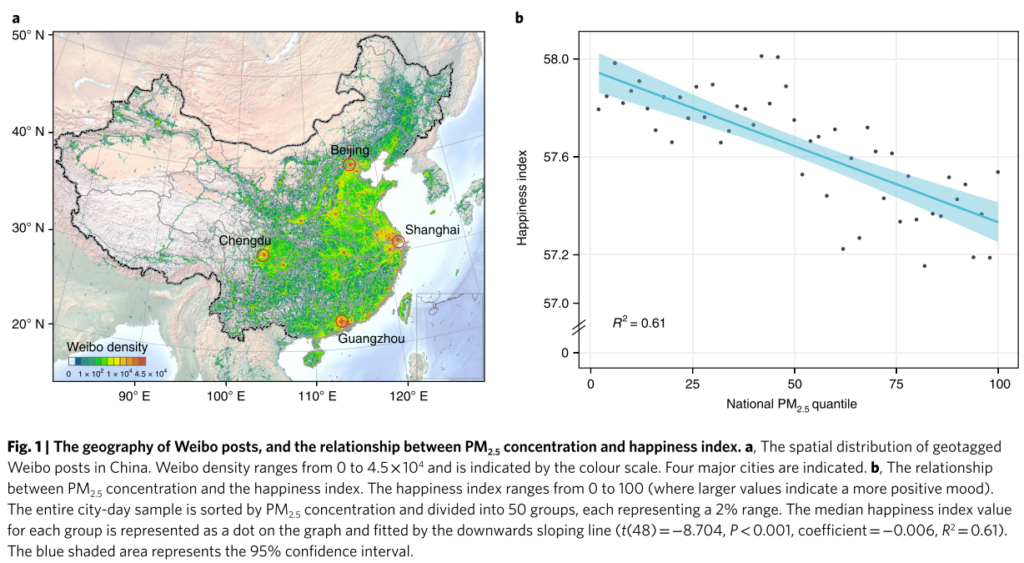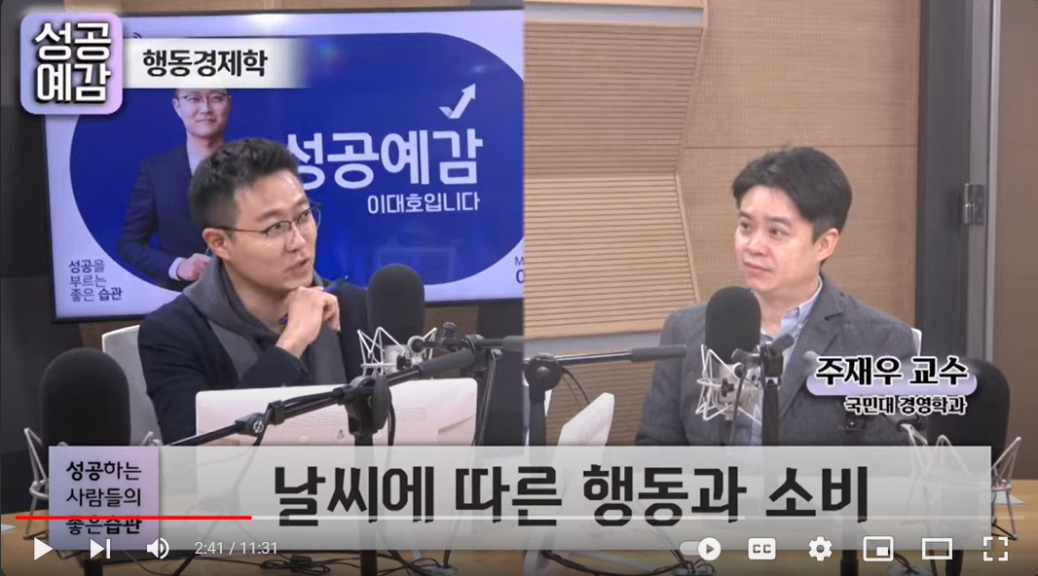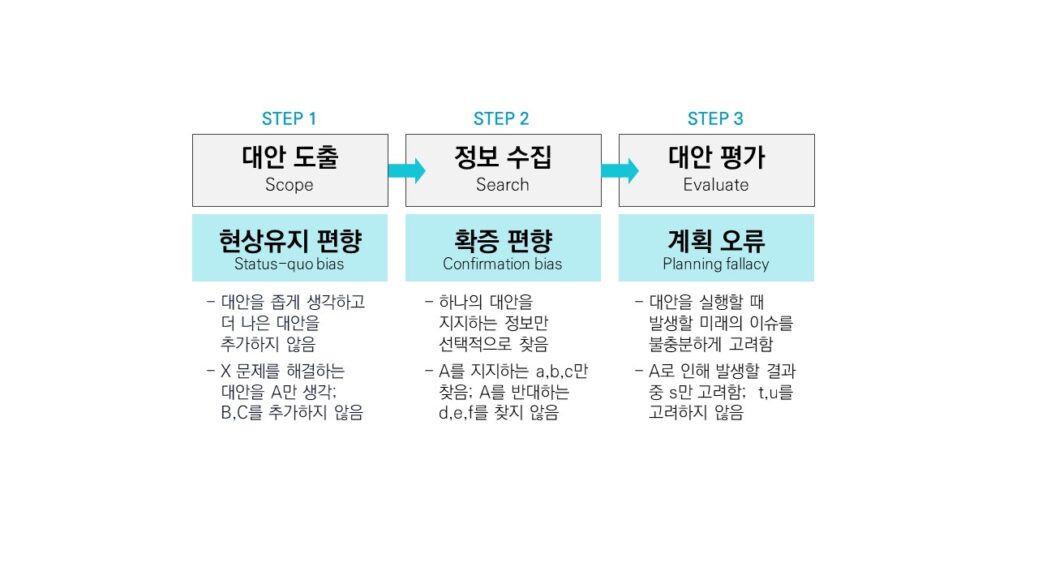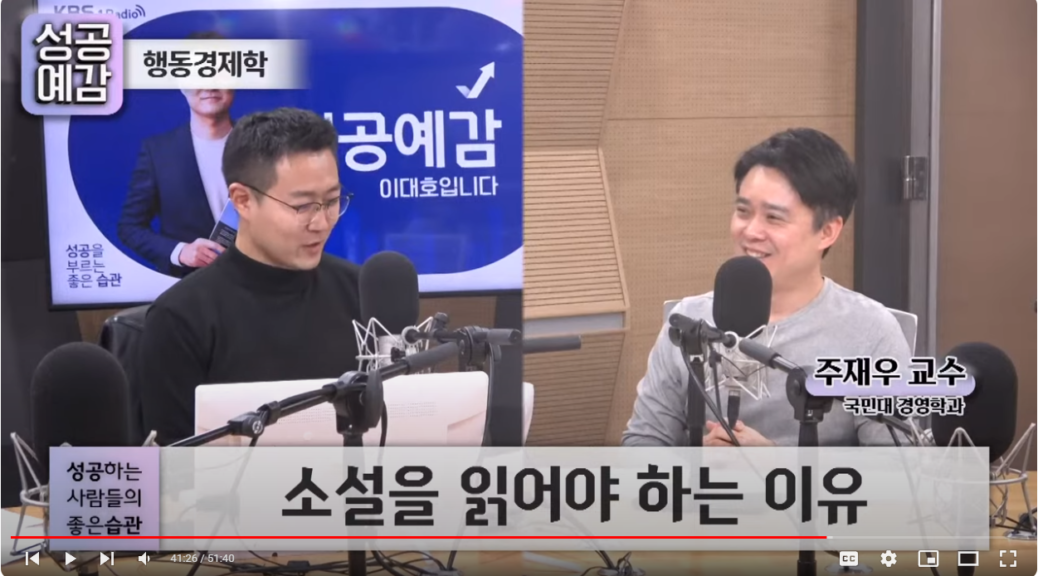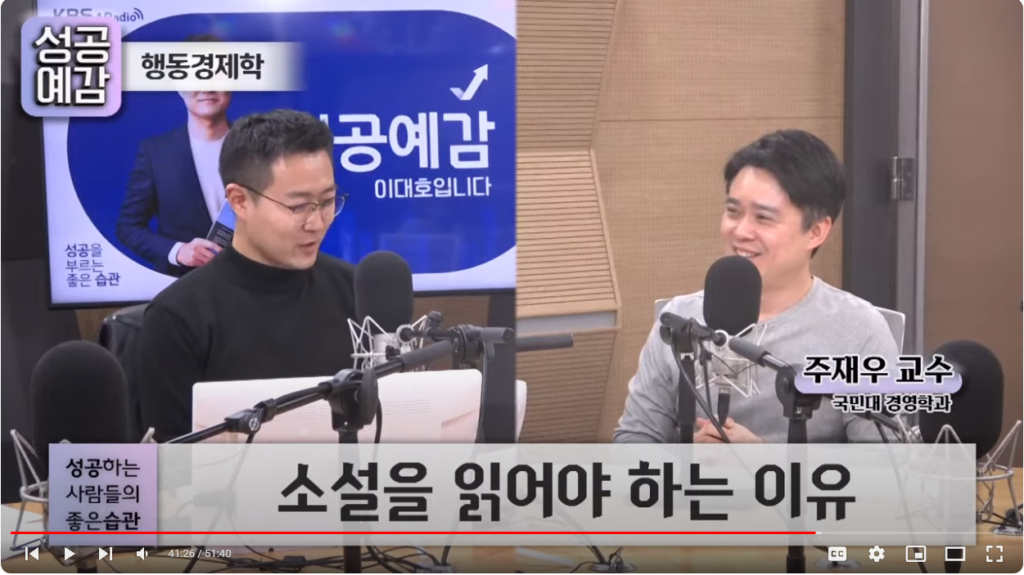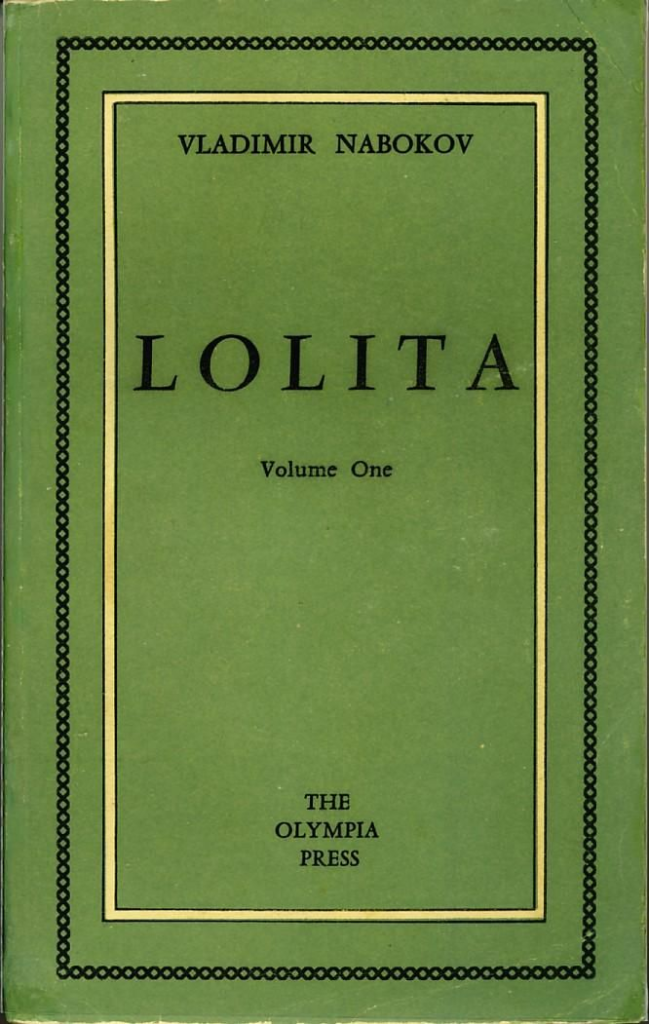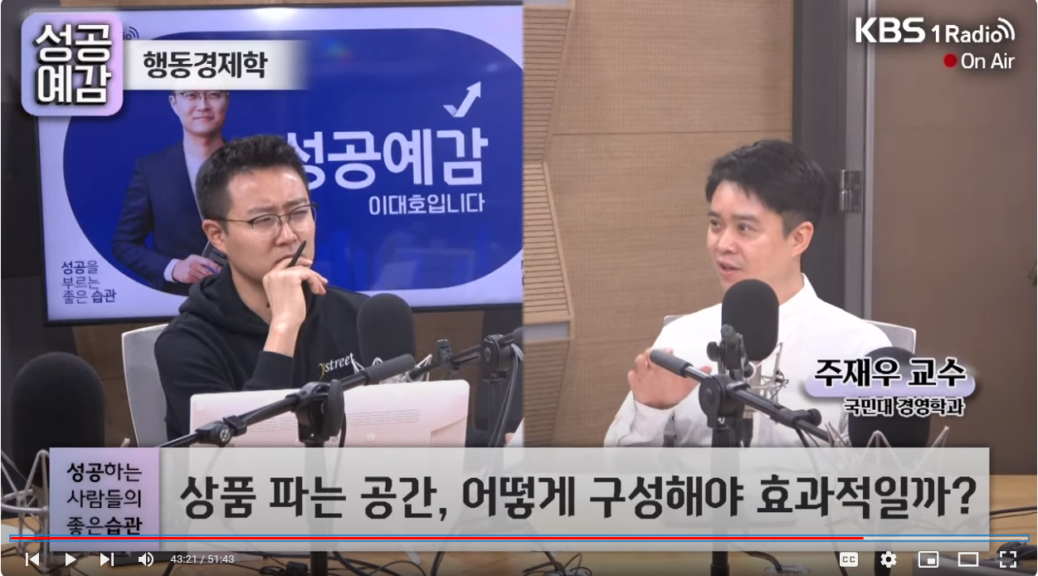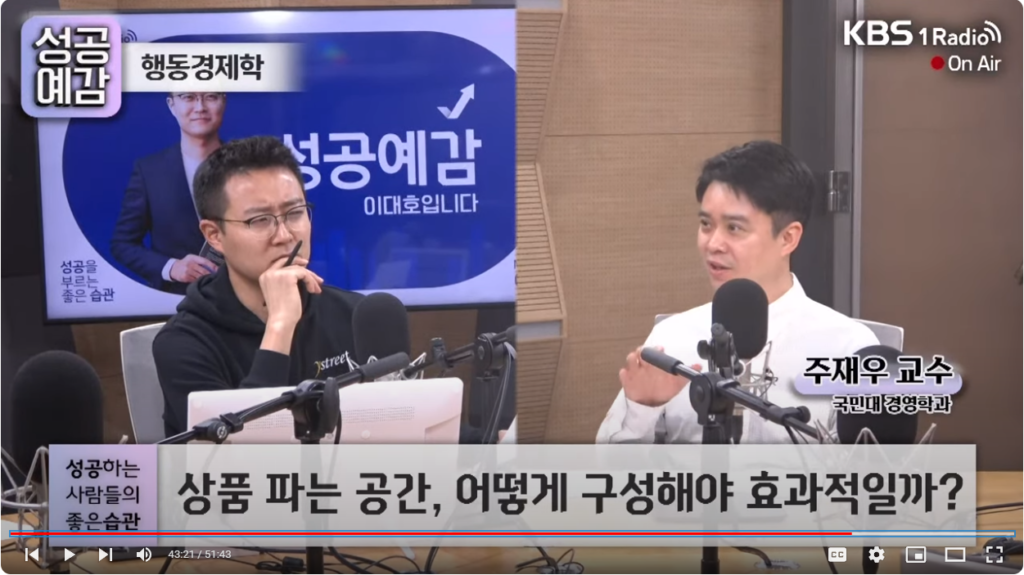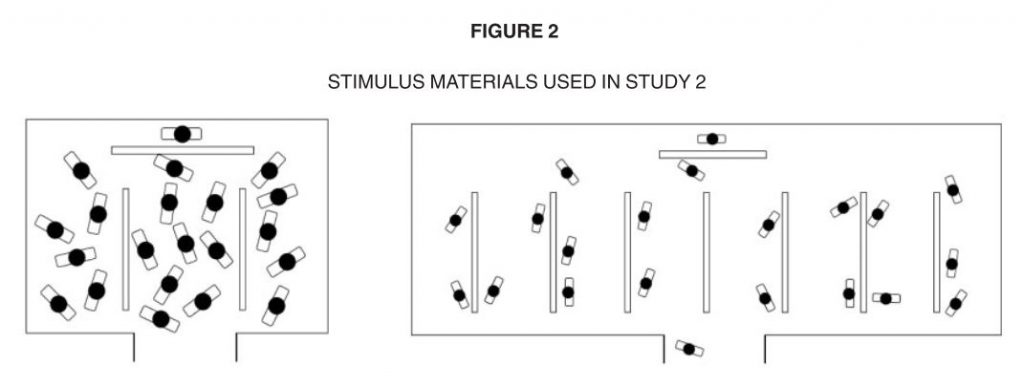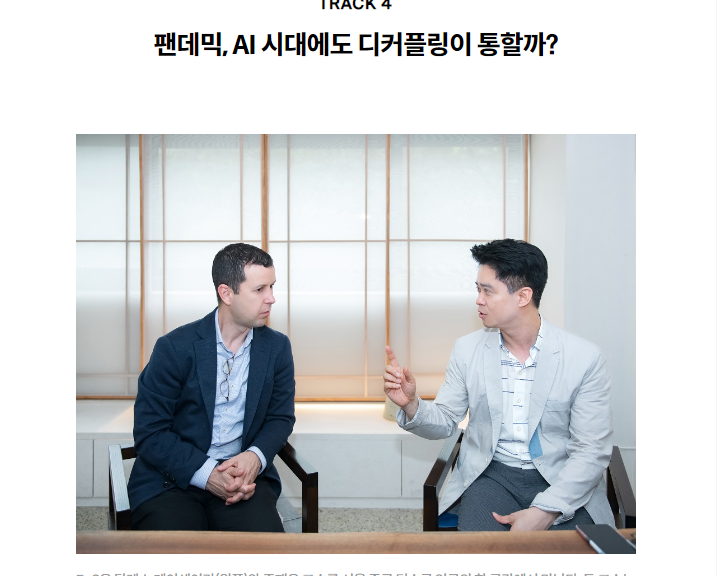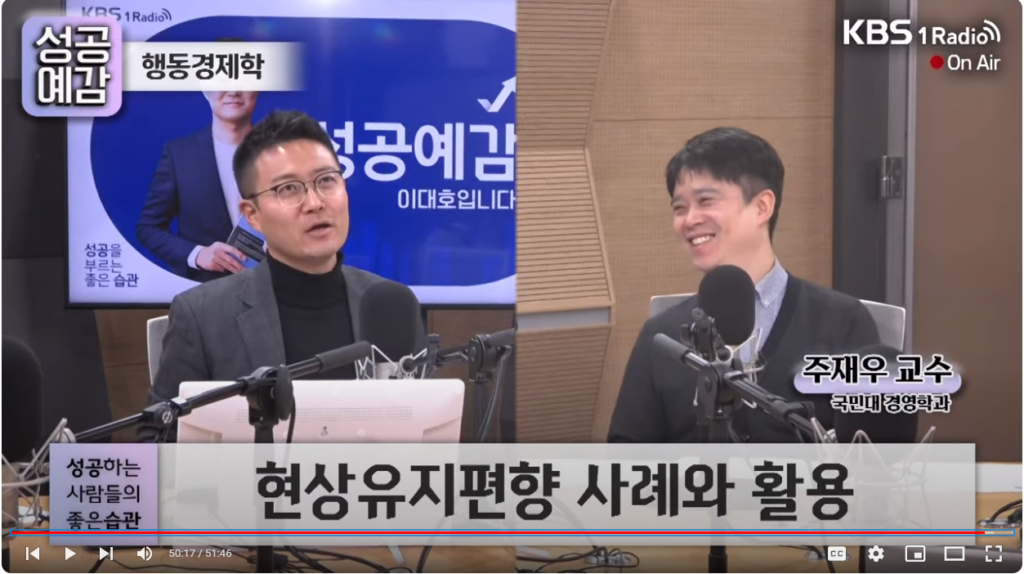자영업자가 친환경 화장품을 만들어 팔 때, 소비자들이 자연스럽게 가치소비를 하게 하려면 어떤 방식을 사용해야 할까요?
“가치 소비하는 모습을 과시할 수 있도록 만들어주면 좋습니다. 친환경 세제를 사는 나의 모습이 다른 사람의 눈에 보일 때, 사람들은 친환경 세제를 선호합니다. “
*행동경제학개론
가치소비를 위한 조건
– #소비 에 대한 의식과 행동의 차이
– #가치소비 실행을 위한 방법 제안
– 가치소비의 역효과와 지속성 등
– #주재우 교수 (국민대 경영학과)
#KBS1라디오 #경제라디오 #성공예감이대호입니다 #성공예감 #이대호 #경제심층인터뷰 #성공예감심화학습 #성공예감인터뷰 #경제
***
Reference 1
Luchs, M. G., Walker Naylor, R., Irwin, J. R., & Raghunathan, R. (2010). The sustainability liability: Potential negative effects of ethicality on product preference. Journal of Marketing, 74(5), 18–31.
Manufacturers are increasingly producing and promoting sustainable products (i.e., products that have a positive social and/or environmental impact). However, relatively little is known about how product sustainability affects consumers’ preferences. The authors propose that sustainability may not always be an asset, even if most consumers care about social and environmental issues. The degree to which sustainability enhances preference depends on the type of benefit consumers most value for the product category in question. In this research, the authors demonstrate that consumers associate higher product ethicality with gentleness-related attributes and lower product ethicality with strength-related attributes. As a consequence of these associations, the positive effect of product sustainability on consumer preferences is reduced when strength-related attributes are valued, sometimes even resulting in preferences for less sustainable product alternatives (i.e., the “sustainability liability”). Conversely, when gentleness-related attributes are valued, sustainability enhances preference. In addition, the authors show that the potential negative impact of sustainability on product preferences can be attenuated using explicit cues about product strength.
**
Reference 2
Doo, M., & Joo, J. (2016). The impact of purchase context on the preferences for environmentally friendly products: Moderated by package color. Archives of Design Research, 29(1), 157–167.
Background Environmentally friendly products are extensively studied and the effect of purchase context on consumers’ preferences for them has been much investigated. However, the effect of product design has been little discussed. Methods In the present work, we conducted two experiments to test whether package color, one component of product design, moderates the effect of purchase context on consumers’ preferences for environmentally friendly products, and obtained two findings. Result First, when purchase context is conspicuous, consumers’ preferences for environmentally friendly products increase. Second, product design moderates the effect of purchase context; when the package color is environmentally friendly (blue), consumers’ preferences for environmentally friendly products increase as the purchase context becomes conspicuous. However, preferences do not increase when the package color is not environmentally friendly (magenta). Conclusions We discuss the academic contribution and managerial implications of our findings to provide insights into product designers as well as marketing practitioners.
